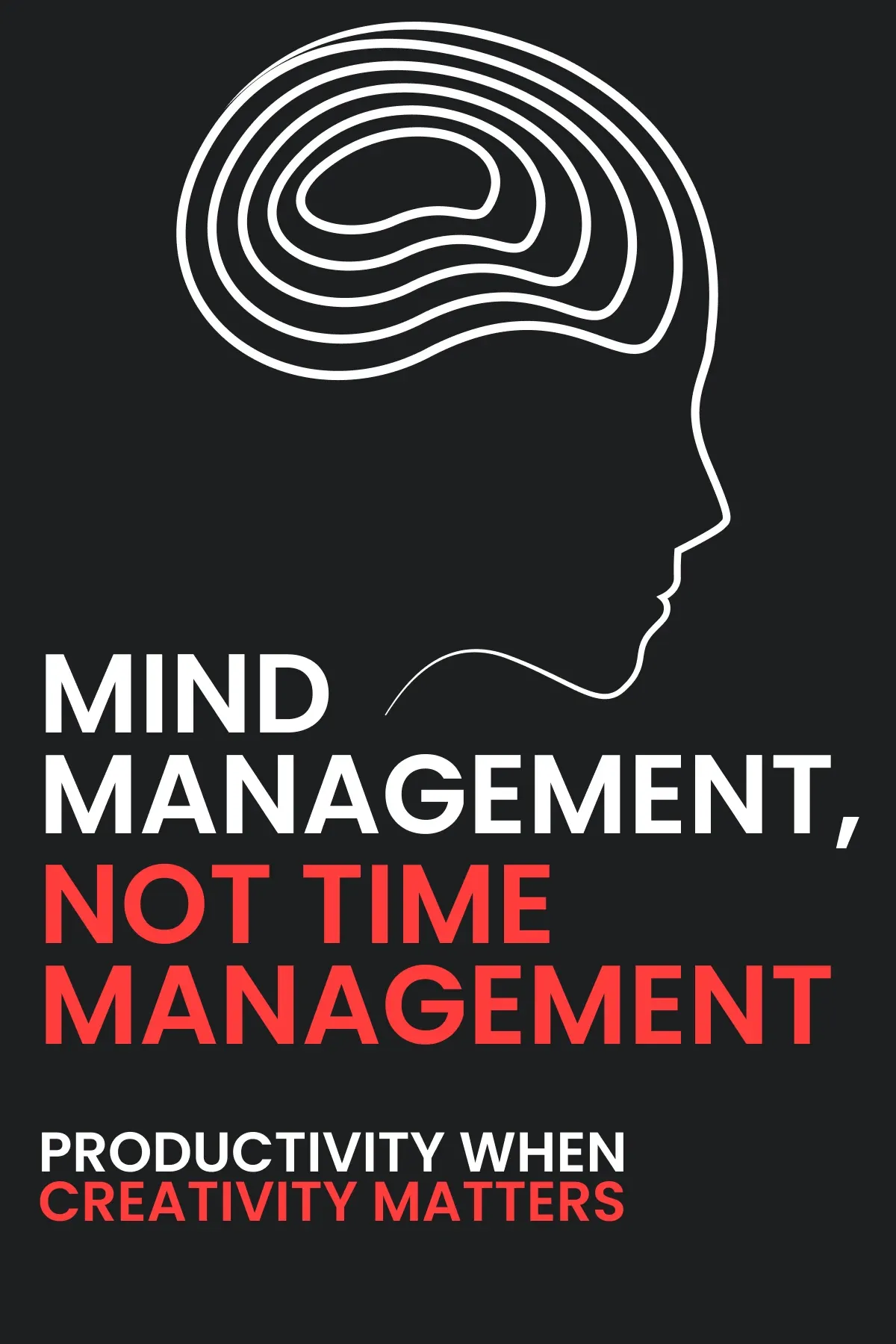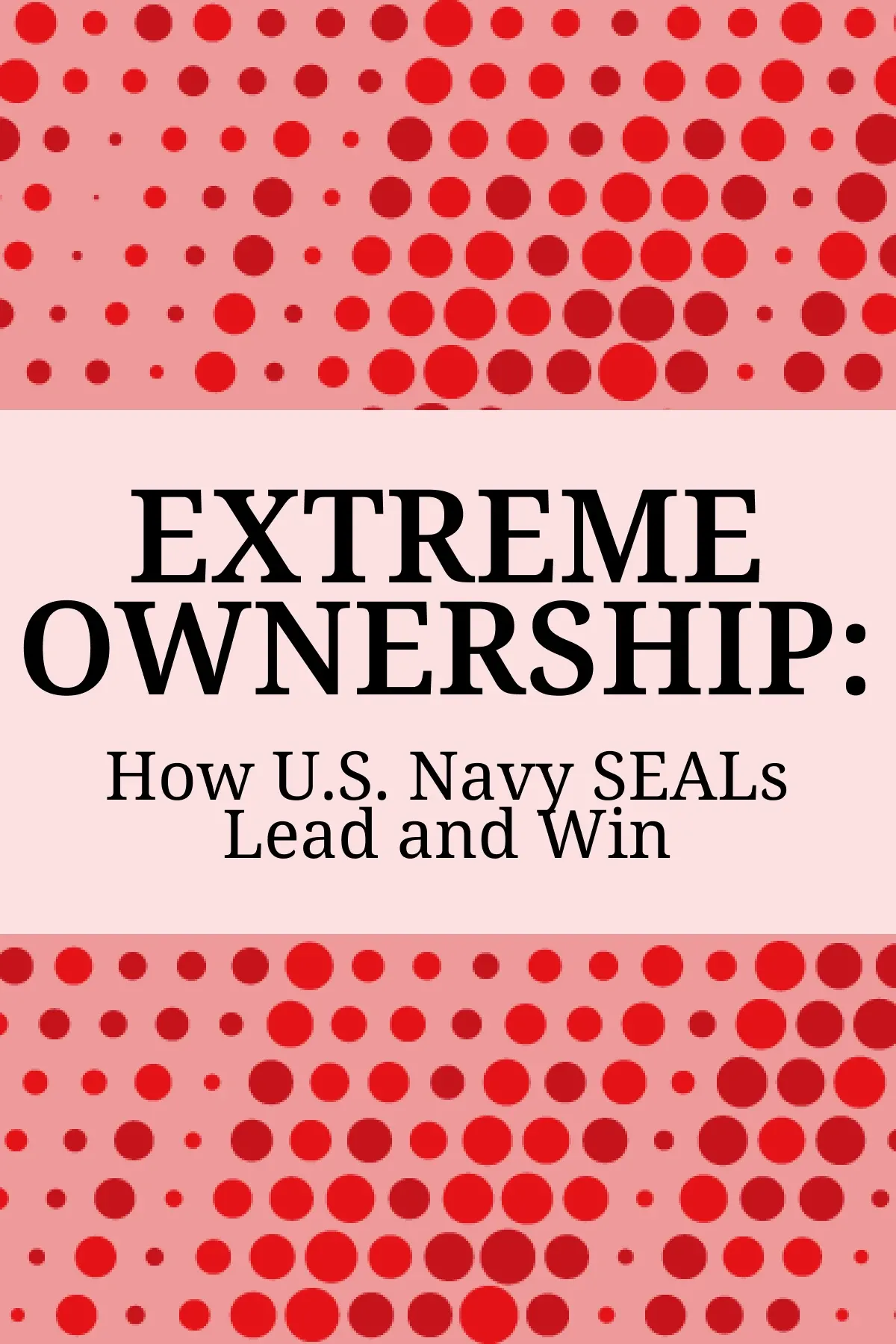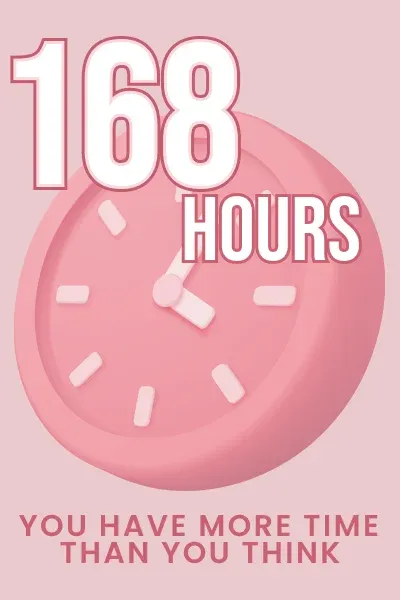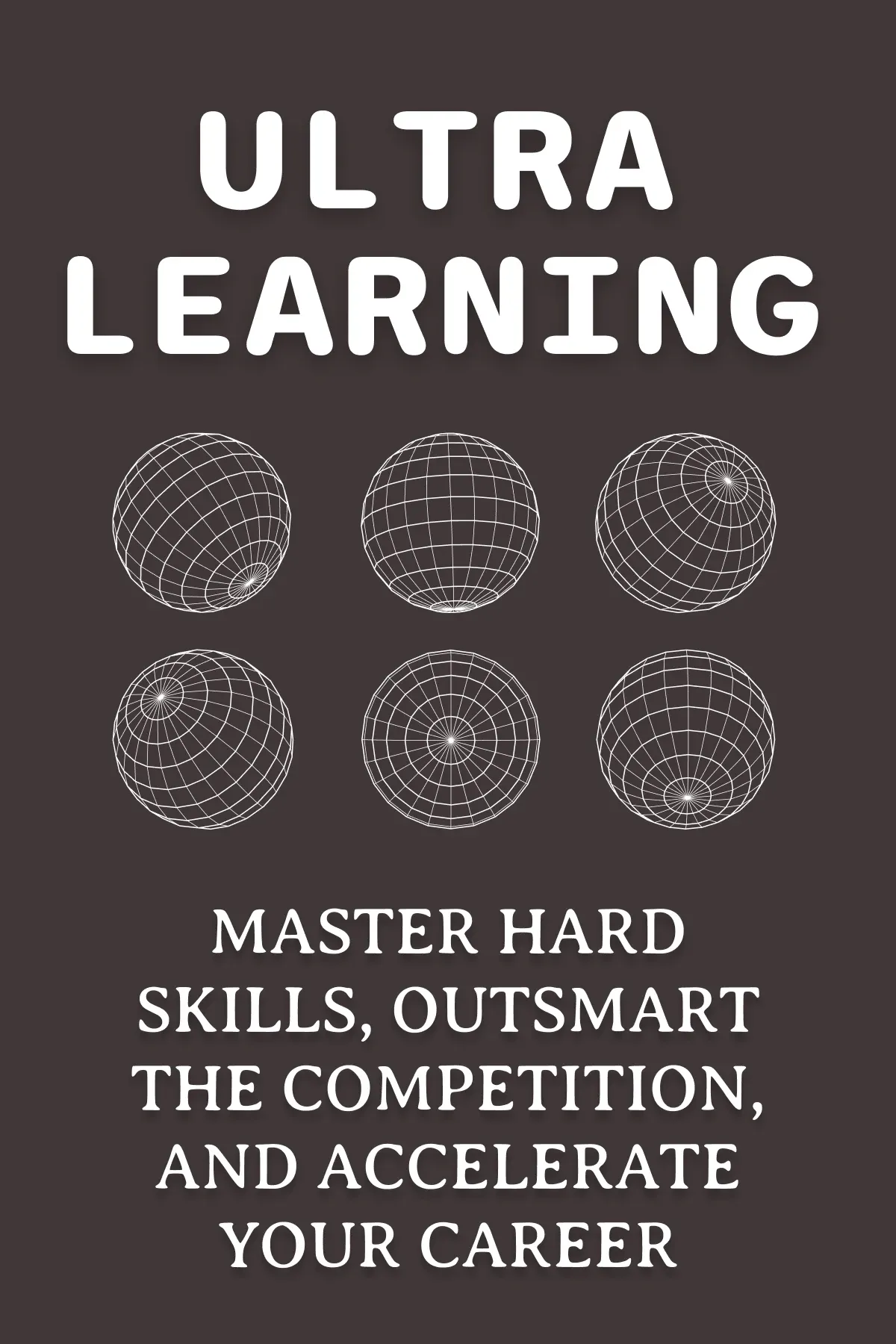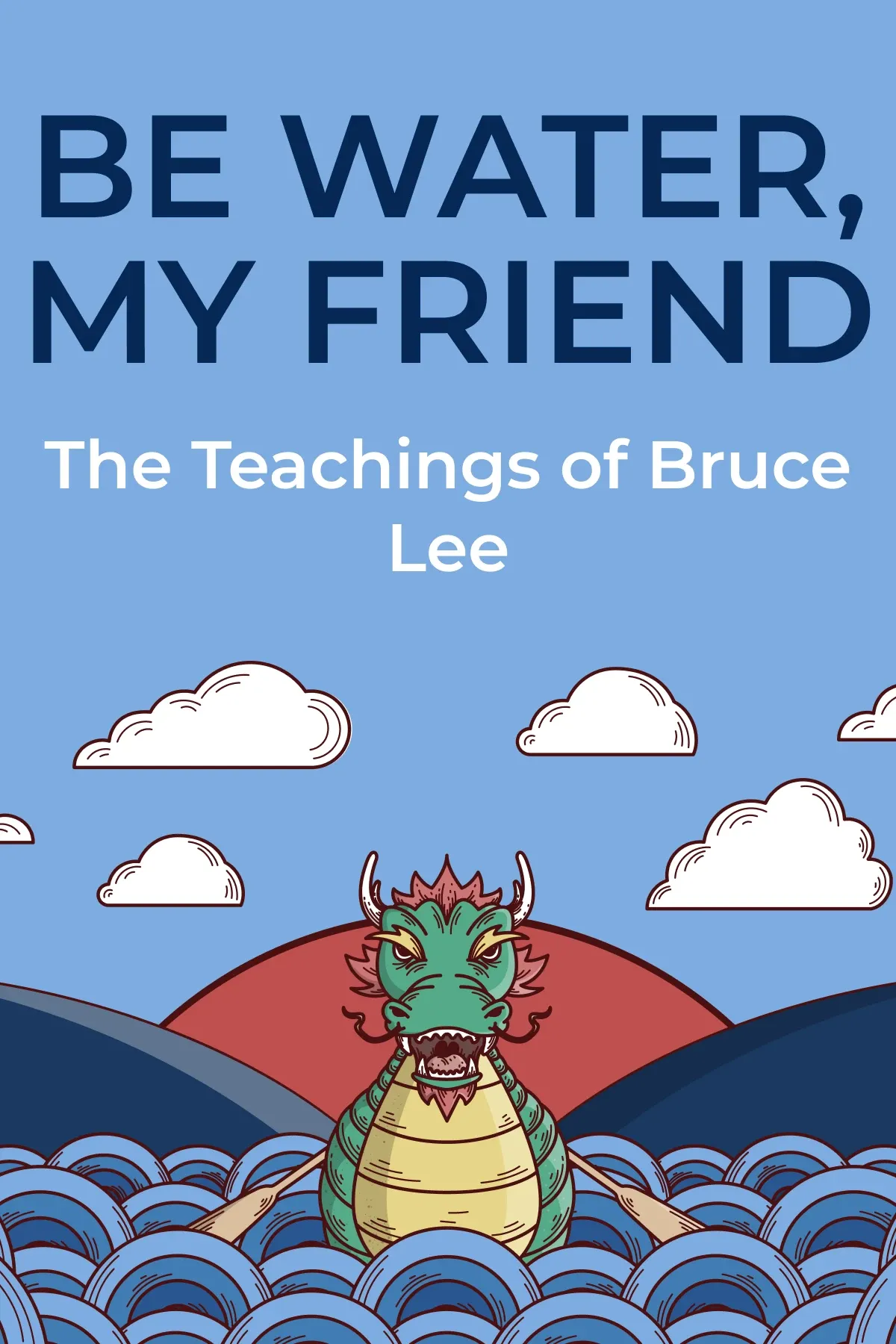
The Checklist Manifesto
Brief Summary
Given that our routine is becoming filled with more onerous tasks, one needs to come up with brand-new solutions. To deal with modern complexity, especially when it comes to such fields as medicine, aviation, or engineering, it is worth relying on checklists and organized teamwork. “The Checklist Manifesto” provides detailed guidelines exactly for that.
Key points
Key idea 1 of 6
Modern medicine goes far beyond simple fixes like swallowing a pill. It tackles countless conditions with intricate treatments, demanding absolute accuracy.
A perfectly illustrative example once occurred in a tiny town in Austria when a three-year-old girl slipped into a frozen pond. By the time her parents managed to rescue her, she had remained submerged for half an hour. They proceeded with CPR while the medical help was on its way. When the crew finally came, the girl showed no pulse, blood pressure, or brain activity. Her body temperature had plummeted to 66 degrees Fahrenheit, about 19 degrees Celsius.
The medical team kept fighting. They rushed the girl by helicopter to a hospital, where doctors hooked her up to a heart-lung bypass machine. Her pulse finally returned after two hours of unconsciousness. Her lungs, however, were too weak to function, which is why the team used an ECMO system, connecting it directly to her heart through open chest surgery.
Although the doctors tried hard, the girl’s brain was the issue. Fortunately, no permanent damage was done. After a week in a coma, signs of recovery appeared: her pupils responded to light, she started breathing independently, and then finally awoke. The girl left the hospital after two weeks. She overcame partial paralysis and speech difficulties with therapy and was totally healthy by the age of five.
This girl’s survival was not only a miracle but also showcased the power of precise teamwork, where every action required immaculate execution. In this case, the team had to insert tubes, run life-saving machines, and keep dangerous infections at bay. Unfortunately, the majority of drowning individuals do not make it. The reason for that is not only their injuries. It also concerns the sheer complexity of the procedures involved.
To achieve great results, efficiency and precision must be preserved. Doctors juggle hundreds of tasks daily, mostly in high-pressure settings. Ultra-narrow expertise is now crucial for dealing with this. Nowadays, future doctors are expected to dedicate at least a few years to become professionals in one field. Furthermore, there are subspecialties in such areas as anesthesia, surgery, and intensive care. Although it helps save lives every day, dozens of avoidable errors are inevitable. For instance, over 150,000 people die yearly as a consequence of failed surgery. But where should one seek a solution when expertise alone is not enough? Surprisingly or not, the answer doesn’t lie in medicine only.
FAQ
You may also like these summaries


